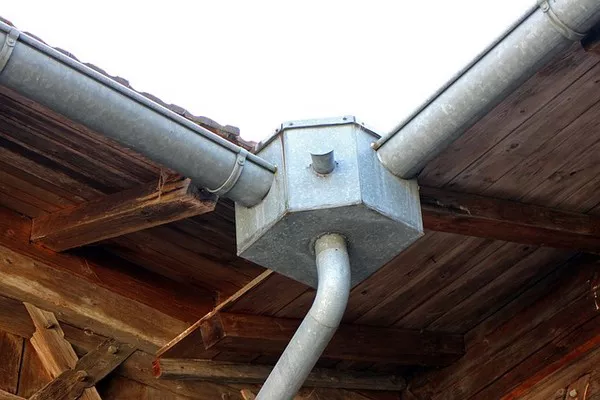A foul sewage smell permeating your house can be both unpleasant and concerning. The presence of such an odor not only affects the comfort of your living space but may also indicate underlying issues that require immediate attention. Identifying the root causes of sewage smells is crucial for maintaining a healthy and odor-free home environment. In this article, we will explore common reasons behind sewage odors in houses and discuss effective solutions to address these issues.
Blocked Drains and Sewer Lines:
One of the primary culprits behind sewage smells in a house is blocked drains or sewer lines. Over time, debris, grease, hair, and other substances can accumulate in pipes, causing blockages that impede the proper flow of wastewater. When this happens, sewage gases can escape through drains and permeate your home, leading to an unpleasant odor.
Solution: Regular maintenance of drains and sewer lines is essential to prevent blockages. Professional plumbing services, such as hydro-jetting, can help clear out debris and ensure proper drainage, minimizing the risk of foul odors.
Dry P-Traps:
P-traps are U-shaped pipe segments installed beneath sinks, showers, and other fixtures to trap water and prevent sewer gases from entering the home. If a fixture is not used frequently, the water in the P-trap can evaporate, allowing sewage gases to rise and create an unpleasant smell.
Solution: To address this issue, simply run water in less frequently used drains to refill the P-traps and create a barrier against sewer odors. Establish a routine of periodically running water in all drains to maintain an effective seal.
Broken or Leaky Sewer Pipes:
Cracks, leaks, or damage to sewer pipes can lead to the escape of sewage gases into your home. Aging pipes, tree root intrusion, or ground movements can contribute to the deterioration of sewer lines, causing foul odors to permeate the surrounding environment.
Solution: A professional inspection of your sewer system is crucial to identify and address any damaged pipes. Repairs or, in some cases, replacement of the affected pipes may be necessary to eliminate sewage odors and prevent further damage.
Improper Ventilation:
Proper ventilation is essential in plumbing systems to allow the release of gases generated during wastewater processing. Inadequate venting can lead to the buildup of these gases, resulting in unpleasant smells within the home.
Solution: Ensuring that your plumbing system is adequately vented is vital for preventing sewage odors. Consult with a licensed plumber to assess the ventilation system and make any necessary adjustments or repairs.
Sewage Backup:
A more serious and potentially hazardous cause of sewage smells is a sewage backup. This occurs when the wastewater cannot flow through the sewer system, causing it to reverse and enter your home. In addition to a foul odor, sewage backups can lead to water damage and pose health risks.
Solution: Immediate action is required in the event of a sewage backup. Contact a professional plumber to assess the situation, identify the cause of the backup, and perform the necessary repairs. Prompt cleanup and disinfection are essential to mitigate health risks associated with sewage spills.
See Also What Causes Sewer Backup In Bathtub
Dried-Out Wax Ring:
The wax ring beneath a toilet creates a watertight seal between the toilet and the sewer pipe. Over time, this wax ring can dry out or become damaged, allowing sewage odors to escape into the bathroom.
Solution: If you notice a sewage smell near the toilet, inspect the wax ring for signs of damage or dryness. Replacing the wax ring is a relatively simple fix that can effectively eliminate the odor.
Conclusion:
Addressing sewage smells in your home requires a systematic approach to identify and eliminate the underlying causes. Regular maintenance, prompt repairs, and professional inspections are key to preventing and resolving issues related to blocked drains, damaged pipes, dry P-traps, improper ventilation, sewage backups, and dried-out wax rings. By taking proactive measures, you can ensure a pleasant and odor-free living environment while safeguarding your home from potential plumbing hazards. If you encounter persistent sewage odors, consulting with a licensed plumber is recommended to identify and resolve the specific issues affecting your plumbing system.

